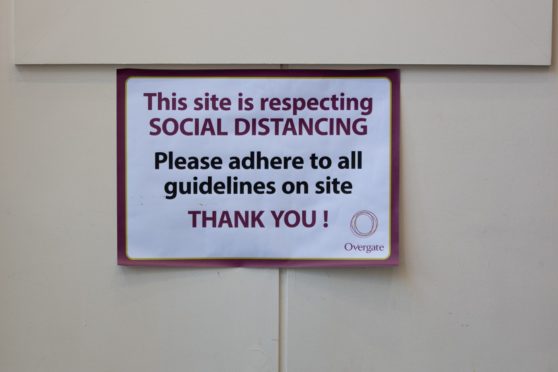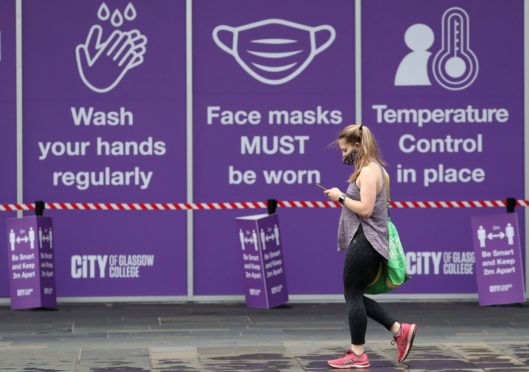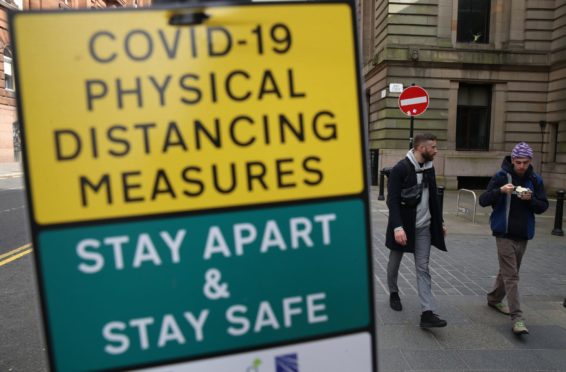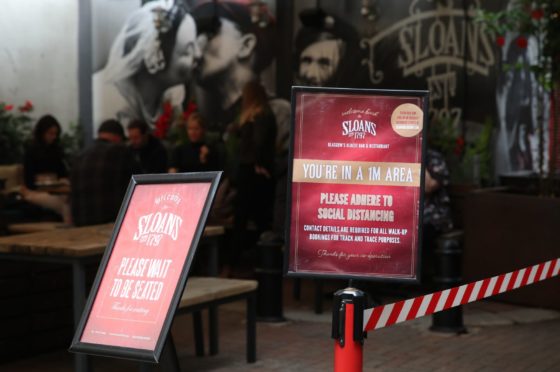New measures have been introduced to curb the rise in coronavirus cases.
You can no longer visit another household indoors, with this guidance becoming regulation on Friday.
Along with this, curfews are being introduced in hospitality premises, who must shut their doors at 10pm from Friday.
The public are being asked to follow these new regulations but the police will have the power to enforce it.
But what punishment can they hand out?
 Instruct you to leave an area or disperse
Instruct you to leave an area or disperse
If you gather in a public place with more than six other people or with people from more than two households, officers can ask you to leave the area or disperse.
Police also have the power to do this if you are attending a house party or if you are not wearing a face covering on public transport or in shops.
Instruct you to take steps to stop your children breaking these rules if they have already done so
Police also have the power to warn parents of children or teenagers seen breaking these lockdown rules to stop them from doing so again.
 Take you home or arrest you if you do not listen to instructions
Take you home or arrest you if you do not listen to instructions
If you refuse to listen to the police when they tell you to move or leave an area, they can put you under arrest or take you back home.
This is seen as a last resort.
Gain access to private property and disperse anyone inside
If you are attending a social gathering or house party with more than 16 people indoors, the police have the power to enter the property and encourage anyone inside to leave.
This power can only be used if officers have requested that the unlawful action stop and if this request has not been listened to.
Fines of up to £960
If you break any of these rules and are 18 or over, police officers can issue fixed penalty notices for £60.
This can be reduced to £30 if paid within 28 days.
However, repeat offenders will be fined double for each further offence, up to a total of £960.
Businesses and hospitality venues that break restrictions can also be subject to prohibition notices and fines.
If you refuse to pay the fine or the police consider it necessary, you could be taken to court and face a maximum fine of £10,000 if found guilty.

